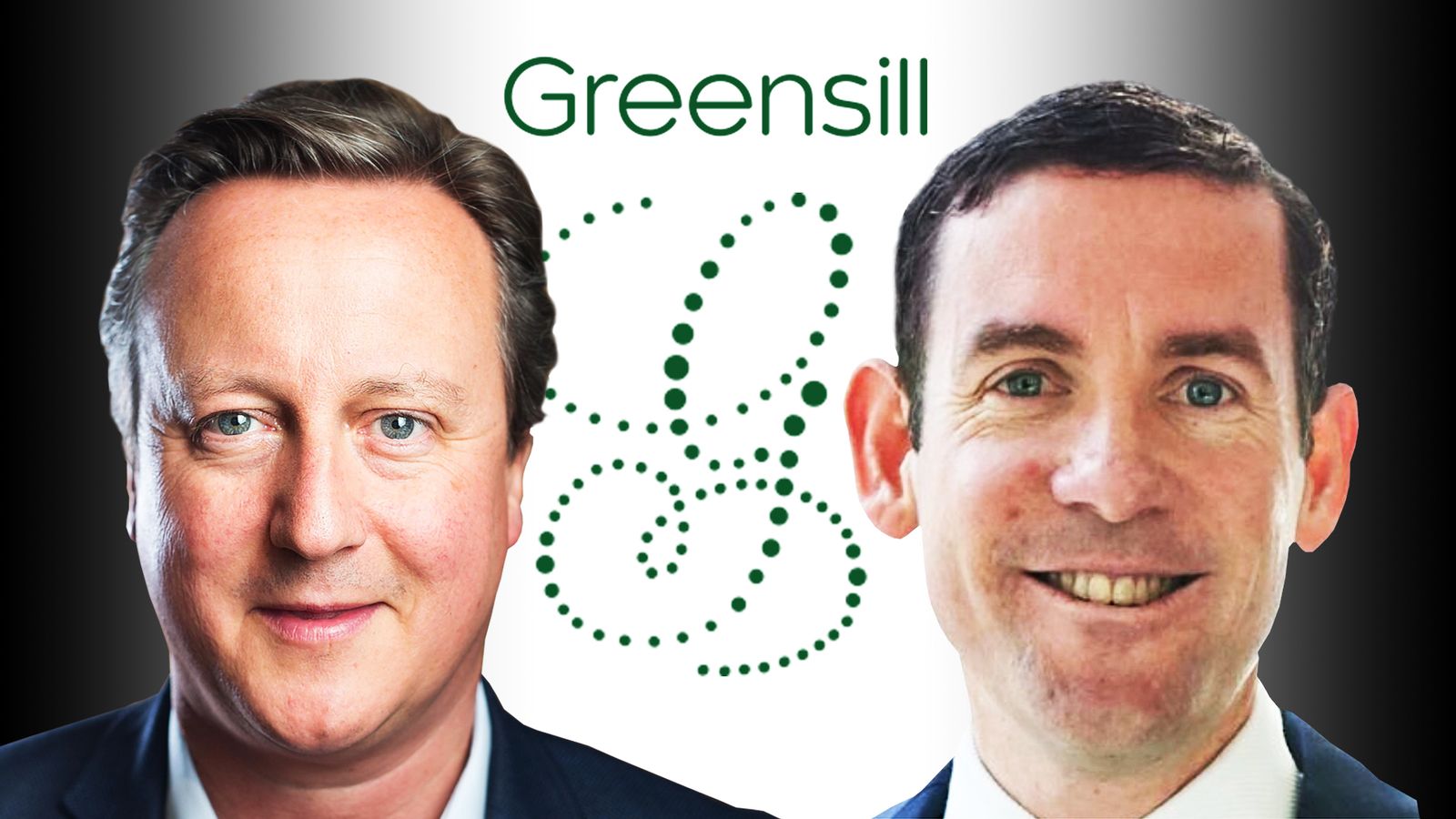
Former British Prime Minister David Cameron’s stunning return to mainstream politics as Foreign Secretary has revived memories of the Greensill lobbying scandal, which still hangs over his political career. Cameron had lost the Brexit referendum seven years before and had resigned as Prime Minister immediately. The leader, who also resigned as a Tory MP in September 2016, was given a life peerage on Monday (Nov. 13), and as a result, he has joined Prime Minister Rishi Sunak’s Cabinet. After being out of the spotlight for seven years, Cameron found himself at the center of media attention for the first time since the Greensill scandal.
Greensill Capital, founded by Australian financier Lex Greensill, began looking for government employment during Cameron’s tenure as Prime Minister
Cameron’s stunning return as foreign secretary came only two years after he was deemed to show a “significant lack of judgment” in a parliamentary probe into a bank’s lobbying campaign in which his personal economic interests were entangled. Greensill Capital, founded by Australian financier Lex Greensill and specializing in supply chain finance, began looking for government employment during Cameron’s tenure as Prime Minister. After leaving office in 2016, Cameron became an adviser to Greensill Capital and got share options worth tens of millions of pounds, according to reports.
After joining the firm, the former prime minister began sending intensive rounds of text messages on behalf of Greensill Capital to high-ranking civil officers and ministers at the height of the pandemic. Greensill Capital went bankrupt the next year. The Treasury Select Committee stated in July 2021 that it was wrong for Cameron, who had previously served as Prime Minister, to send 62 messages to ministers and high-ranking officials pleading with them to lend money to the controversial bank. Cameron allegedly asked ministers in text conversations to grant Greensill access to the government’s coronavirus loan support scheme.
The former minister sent nine WhatsApp messages to then-Chancellor Rishi Sunak, 12 texts to then-Permanent Secretary to the Treasury Sir Tom Scholar, two WhatsApp messages to Sunak’s adviser Richard Sharp, and numerous texts, emails, and phone calls to ministers Michael Gove, Matt Hancock, Nadhim Zahawi, John Glen, and Jesse Norman.
Cameron frequently signed off messages with “Love DC” or a simple thumbs-up emoji
Cameron frequently signed off messages with “Love DC” or a simple thumbs-up emoji. Cameron wrote in a text message to Scholar on March 6, 2020, “I am riding to the rescue with supply chain finance with my new friend Lex Greensill.” The financial markets were in free collapse at the moment due to the outbreak of the pandemic. He further questioned the response of the Bank of England to the mounting crisis and said that he “never quite understood how [interest] rate cuts help a pandemic”. He stated that he hoped to “see you with Rishi’s for an elbow bump or foot tap. Love Dc.”
Lex Greensill, an Australian banker from farming stock, formed Greensill Capital. It specializes in supply chain finance, in which firms borrow money to pay their suppliers. Cameron’s efforts were futile because the firm did not get any funds from the coronavirus plan and hence failed in March 2021. The failure of the bank in 2021 is expected to cost UK taxpayers up to £5 billion ($6.21 billion). The corporation became embroiled in controversy due to its ties to steel and commodities dealer Sanjeev Gupta, who gave enormous sums to his steel and energy empire. Since 2021, the Gupta Family Group Alliance, a collection of Gupta-led firms, has remained under Gupta’s control. An investigation is carried out against it by the SFIO.
During the Treasury Committee’s investigation, it was discovered that Cameron utilized a private plane owned by Greensill for several flights to Newquay Airport in Cornwall. Cameron lobbied for Greensill and went camping in the desert with Saudi Crown Prince Mohammed bin Salman while working with him. According to the Treasury Committee report, Cameron violated no lobbying regulations, but “that reflects on the insufficient strength of the rules.” It argued that Cameron’s behavior in the scandal demonstrated a “strong case for strengthening [the rules]” prohibiting previous prime ministers from lobbying sitting ministers for any kind of personal economic advantage.
“Cameron’s use of less formal means to lobby the government showed a significant lack of judgment, especially given that his ability to use an informal approach was aided by his previous position as prime minister,” the report stated. “Cameron appears to accept that, at least to some degree, his judgment was lacking,” it added. Reacting to the committee’s report, Cameron stated, “While I am pleased that the report confirms I broke no rules, I very much take on board its wider points. I always acted in good faith and had no idea until the end of last year that Greensill Capital was in danger of failure.” Now that Lex Greensill has been barred from serving as a director of a UK company, Foreign Secretary David Cameron has come under fire once more.
